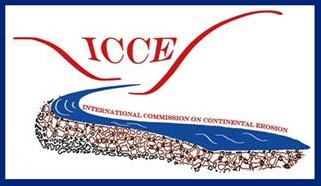IAHS News
12th KOVACS Colloquium: Programme and Registration
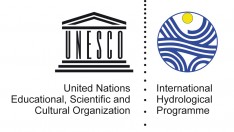

HYDROLOGICAL INPUTS FOR WATER-RELATED SDGS IMPLEMENTATION: KNOWLEDGE, DATA, INDICATORS, TOOLS & INNOVATIONS
This year, the Kovacs Colloquium will take place at UNESCO Headquarters in Paris, during the 22nd Session of the Intergovernmental Council of the IHP on 15 June 2016. It will comprise several invited lectures, a panel and a poster session on the role of hydrology and water resources, particularly on the implementation of the 2030 Agenda, the Sendai Framework for Disaster Risk Reduction and the Paris Agreement of the COP-21. Programme
The Colloquium will focus on the inputs for water-related SDGs implementation adopted by the 193 Member States of the United Nations in September 2015. It will address methodological issues and challenges for SDGs implementation and monitoring using a set of global indicators, in particular, SDG 6 addressing water issues, and transversal and related SDGs such as end of poverty (SDG 1), food security (SGD 2), well-being (SDG 3), energy (SDG 7), disasters (SDG 11), climate change (SDG 13) and international cooperation (SDG 17).
All interested hydrologists, water resources professionals, scientists, policymakers and students are invited to participate in the 12th Kovacs Colloquium.
To register, please complete the registration form before 31 May 2016.
ICWRS - Registration deadline approaching
7th International Water Resources Management Conference of ICWRS. Bochum IAHS - 18-20 May 2016
The spatial dimensions of water management - Redistribution of benefits and risks
Registration Deadline 11 May 2016
Further details on the programme and registration are available from http://iahs-rub.hydrology.ruhr-uni-bochum.de/node/8 Conference flyer
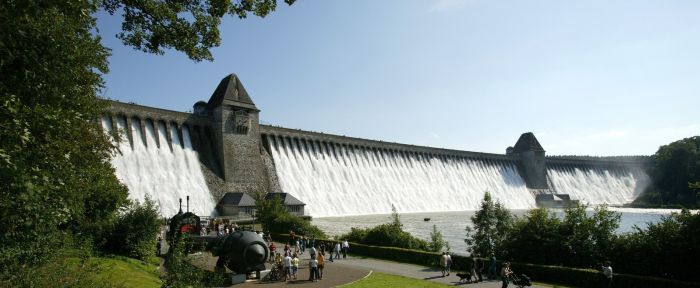
The spatial aspects, which will be discussed during this meeting are extensive. The main topics of presentations are:
Spatial aspects of water supply and the redistribution of benefits from water
Floods and spatial aspects of flood risks
Spatial dimensions of water scarcity
Scale problems of water management ? when the summation of individual measures becomes a problem
Hydrological regionalization issues
The spatial dimension in socio-hydrology
ICCE Symposium: Deadline approaching
International Commission on Continental Erosion (ICCE) Symposium 2016, Rothamsted Research, North Wyke - 11th-15th July
The final closing date to submit abstracts is 15th May and the deadline to register for the conference is 17th May.
If you haven’t already registered for this event, please use the following link for more details and to book your place:-
Please send any abstracts either to [email protected] directly or to [email protected]

12th KOVACS Colloquium: Call for Posters update


12th Kovacs Colloquium
15 June, 2016, UNESCO Headquarters, Paris
International Hydrological Prize and Tison Award Ceremony
HYDROLOGICAL INPUTS FOR WATER-RELATED SDGS IMPLEMENTATION:
KNOWLEDGE, DATA, INDICATORS, TOOLS & INNOVATIONS
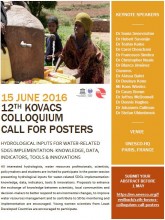 Every two years, the International Hydrological Programme (IHP) of UNESCO and the International Association of Hydrological Sciences (IAHS) organise the Kovacs Colloquium, a series of international scientific meetings in the most challenging fields of water resources research. These meetings also commemorate the late George Kovacs, an established authority on hydrology, who served as Chairman of the Intergovernmental Council of IHP and as Secretary General and President of IAHS.
Every two years, the International Hydrological Programme (IHP) of UNESCO and the International Association of Hydrological Sciences (IAHS) organise the Kovacs Colloquium, a series of international scientific meetings in the most challenging fields of water resources research. These meetings also commemorate the late George Kovacs, an established authority on hydrology, who served as Chairman of the Intergovernmental Council of IHP and as Secretary General and President of IAHS.
This year, the Kovacs Colloquium will take place at UNESCO Headquarters in Paris, during the 22nd Session of the Intergovernmental Council of the IHP on 15 June 2016. It will comprise several invited lectures, a panel and a poster sessions on the role of hydrology and water resources, particularly on the implementation of the 2030 Agenda, the Sendai Framework for Disaster Risk Reduction and the Paris Agreement of the COP-21.
The Colloquium will focus on the inputs for water-related SDGs implementation adopted by the 193 Member States of the United Nations in September 2015. It will address methodological issues and challenges for SDGs implementation and monitoring using a set of global indicators, in particular, SDG 6 addressing water issues, and transversal and related SDGs such as end of poverty (SDG 1), food security (SGD 2), well-being (SDG 3), energy (SDG 7), disasters (SDG 11), climate change (SDG 13) and international cooperation (SDG 17).
All interested hydrologists, water resources professionals, scientists, policymakers and students are invited to participate in the poster session presenting hydrological inputs for water-related SDGs implementation: knowledge, data, indicators, tools & innovations. Proposals to enhance the exchange of knowledge between scientists, local communities and decision-makers to better respond to environmental changes, to improve water management resources and to contribute to SDGs monitoring and implementation are encouraged.
Young women scientists from Least Developed Countries are encouraged to participate.
Poster abstracts should not be more than two pages in length, including figures and tables. Two-page abstracts of selected posters will be invited for publication in the final PIAHS e-volume, which will be ISI indexed. See the attached guidelines for poster proposals.
Further conditions prior to publication will be communicated to selected authors.
To register your abstract submissions, please complete the following form before 1 May 2016. Participants should take care of any related travel expenses and visa process to attend the Colloquium, as the organizers will not cover any such expenses nor undertake any action with regard to visa issues.
Related Information:
List of Participants
Registration for Participants
Guidelines for Poster Proposals
https://en.unesco.org/feedback/12th-kovacs-colloquium-call-posters
Panta Rhei at EGU
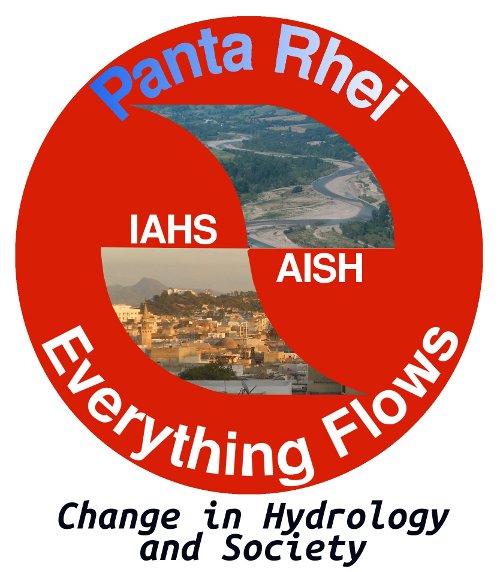
If you are at EGU, I would like to particularly request you to attend our Panta Rhei PICO session HS1.1 on "Panta Rhei: Early career scientists’ vision and progress for research in hydrology, society and change", Tue, 19 Apr, 10:30–12:00 / PICO spot 1.
The location is on Brown level -2, near the X1 posters. After invited talks from our early career scientist speakers, the session will include audience discussion and be a chance for you to influence the Panta Rhei future directions, so please bring along your questions and comments. Everyone is welcome, not just early career scientists!
Other sessions related to Panta Rhei that may interest you are:
HS7.4 Change in climate, hydrology and society
HS5.5 Hydrology & Society: Transdisciplinary approaches to hydrology and water resources management
HS5.4 Advances in socio-hydrology
Hilary McMillan
2016 Tison Award
IAHS are pleased to announce that the 2016 Tison Prize has been awarded to the following paper:
G. Thirel, V. Andréassian, C. Perrin, J.-N. Audouy, L. Berthet, P. Edwards, N. Folton, C. Furusho, A. Kuentz, J. Lerat, G. Lindström, E. Martin, T. Mathevet, R. Merz, J. Parajka, D. Ruelland & J. Vaze (2015) Hydrology under change: an evaluation protocol to investigate how hydrological models deal with changing catchments, Hydrological Sciences Journal, 60:7-8, 1184-1199, DOI: 10.1080/02626667.2014.967248
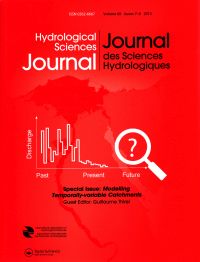
The paper is available free access on Taylor & Francis online - http://www.tandfonline.com/doi/abs/10.1080/02626667.2014.967248
The award will be conferred during the Kovacs 2016 meeting in Paris in June.
The IAHS Tison Award, established in 1982, aims to promote excellence in research by young hydrologists. The Award is granted for an outstanding paper published by IAHS in a period of two years previous to the deadline for nominations.
This award is prestigious. A 1000 US$ prize is allocated, to be shared between the awardees, sponsored by Taylor and Francis the publisher of Hydrological Sciences Journal.
Our congratulations to the eligible authors.
http://iahs.info/About-IAHS/Competition--Events/Tison-Award.do
2016 UN World Water Development Report, Water and Jobs
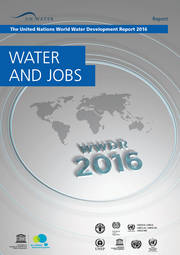 Three out of four of the jobs worldwide are water-dependent. In fact, water shortages and lack of access may limit economic growth in the years to come, according to the 2016 United Nations World Water Development Report, Water and Jobs, which was launched on 22 March, World Water Day, in Geneva.
Three out of four of the jobs worldwide are water-dependent. In fact, water shortages and lack of access may limit economic growth in the years to come, according to the 2016 United Nations World Water Development Report, Water and Jobs, which was launched on 22 March, World Water Day, in Geneva.
From its collection, through various uses, to its ultimate return to the natural environment, water is a key factor in the development of job opportunities either directly related to its management (supply, infrastructure, wastewater treatment, etc.) or in economic sectors that are heavily water-dependent such as agriculture, fishing, power, industry and health. Furthermore, good access to drinking water and sanitation promotes an educated and healthy workforce, which constitutes an essential factor for sustained economic growth.
In its analysis of the economic impact of access to water, the report cites numerous studies that show a positive correlation between investments in the water sector and economic growth. It also highlights the key role of water in the transition to a green economy.
Download the UN World Water Development Report 2016 and executive summary:
http://www.unesco.org/new/en/natural-sciences/environment/water/wwap/wwdr/2016-water-and-jobs/
The 2016 Report includes IAHS contributions and will provide the content and basis for debate throughout the year on the global theme ‘Water and Jobs’ of this year’s World Water Day. The Report illustrates that nearly 3 out of 4 jobs of the global workforce (3.2 billion people) are moderately or highly dependent upon access to water and water-related services and therefore states that “Water is essential to decent jobs and sustainable development”. Water stress and the lack of decent work can exacerbate security challenges, force migration and undo the progress made in the fight to eradicate poverty.
In order to disseminate these key findings and to add momentum to the official launch event in Geneva (22 March), WWAP is organizing an information meeting for the representatives of the Member States at UNESCO Headquarters in Paris on 24 March and at the UN Headquarters in New York on 14 April. In parallel, various UNESCO Field Offices with their national partners and United Nations counterparts are organizing regional events on the topic ‘Water and Jobs’, spread over the globe, notably Almaty, Amman, Bangkok, Beijing, Brasilia, Cairo, Jakarta, Montevideo, Nairobi, New Delhi and Tashkent.
For the first time, the WWDR will not only be launched in English but also in Spanish and French. The Executive summary of the Report will be made available in all 6 UN languages as well as in Italian, Portuguese and Hindi.
Call for abstracts for the 17th WaterNet/WARFSA/GWP-SA Symposium
Integrated Water Resources Management: Water Security, Sustainability and Development in Eastern and Southern Africa
Gaborone International Convention Centre (GICC), Botswana 26 – 28 October 2016
The Symposia have been held annually in the Eastern and Southern African regions for the past 16 years to promote interaction among policymakers, academics, practitioners from water and related sectors, and cooperating partners. Together, they identify regional issues, gaps and priorities that require further research and support. Great emphasis will be placed on integration of knowledge, particularly involving scholars from the natural, medical and social sciences.
Sub-Themes:
Hydrology and Climate Change
Water and Environment
Water, Land and Agriculture
Water and Society
Sustainable Water Supply and Sanitation
Water Resources and Infrastructure Management
Deadline for submission of abstracts 16 May 2016
Notification acceptance of abstracts 15 July 2016
Deadline of submission of full papers 16 September 2016
Deadline for early registration 2 September 2016

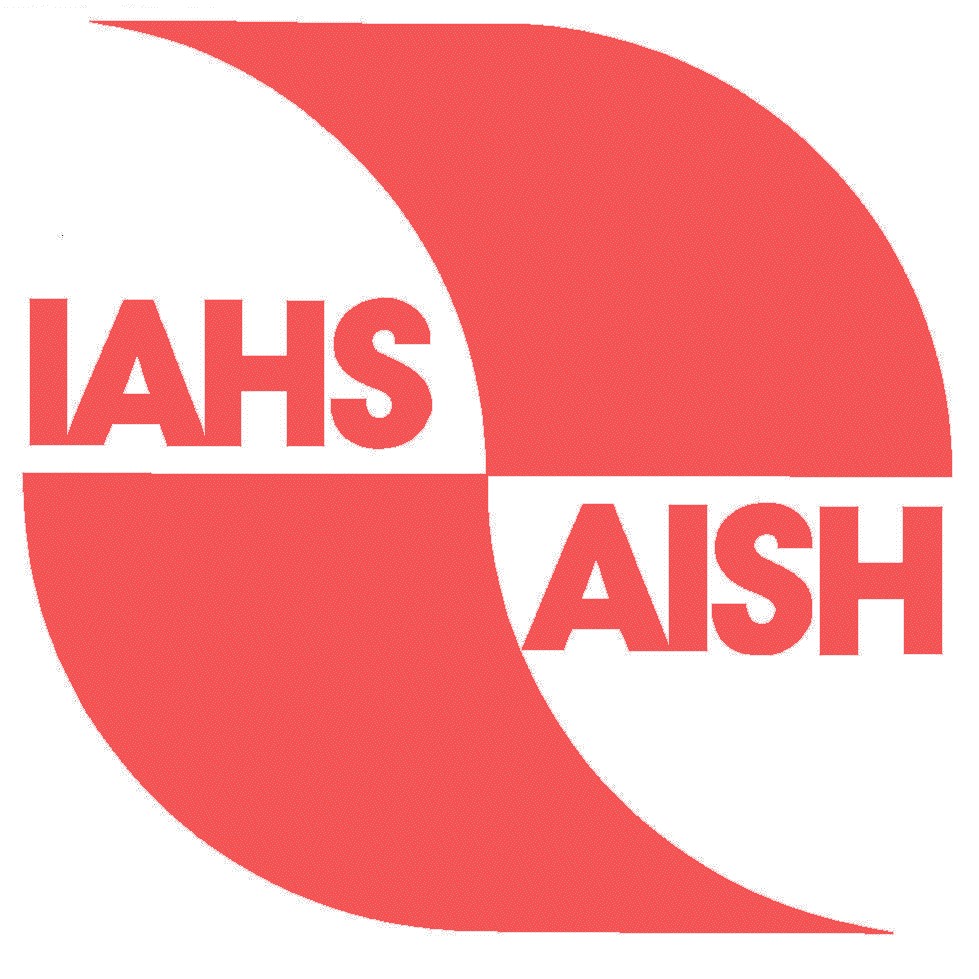
CALL FOR POSTERS - 12th Kovacs Colloquium
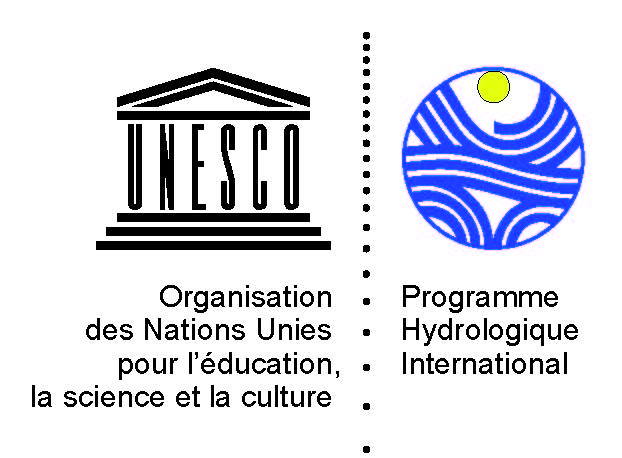

15 June, 2016, UNESCO Headquarters, Paris
International Hydrological Prize and Tison Award Ceremony
HYDROLOGICAL INPUTS FOR WATER-RELATED SDGS IMPLEMENTATION:
KNOWLEDGE, DATA, INDICATORS, TOOLS & INNOVATIONS
Every two years, the International Hydrological Programme (IHP) of UNESCO and the International Association of Hydrological Sciences (IAHS) organise the Kovacs Colloquium, a series of international scientific meetings in the most challenging fields of water resources research. These meetings also commemorate the late George Kovacs, an established authority on hydrology, who served as Chairman of the Intergovernmental Council of IHP and as Secretary General and President of IAHS.
2016 International Hydrology Prize medalists
IAHS are pleased to announce the recipients of the International Hydrology Prize (Dooge medal and Volker medal) for 2016.
The award ceremony will be held at the end of the Kovacs colloquium on 15 June 2016 in UNESCO HQs, Paris
The 2016 INTERNATIONAL HYDROLOGY PRIZE Medalists are
IHP Dooge medal: Jeffrey J. McDonnell (Canada)
IHP Volker medal: Denis Hughes (South Africa)
The International Hydrology Prize is awarded annually by IAHS, with UNESCO and WMO, to two people who have made an outstanding contribution to hydrological science.
Nominations for the Prize are made by National Committees to IAHS, National Committees to the UNESCO-IHP or National Hydrological Advisors to the WMO, and forwarded to the Secretary General of IAHS for consideration by the Nomination Committee. The Committee consists of the President and a Vice-President of IAHS and representatives of UNESCO and WMO.
As of 2014, two medals are awarded under the International Hydrology Prize: the Dooge medal and the Volker medal. Both medals are intended to distinguish outstanding achievements by hydrological scientists but with a different focus. The Dooge medal is aimed at fundamental contributions to the science of hydrology, whereas the Volker medal is aimed at outstanding applications of hydrological science for the benefit of society at large.
http://iahs.info/About-IAHS/Competition--Events/International-Hydrology-Prize.do
Our warmest congratulations go to both recipients.

